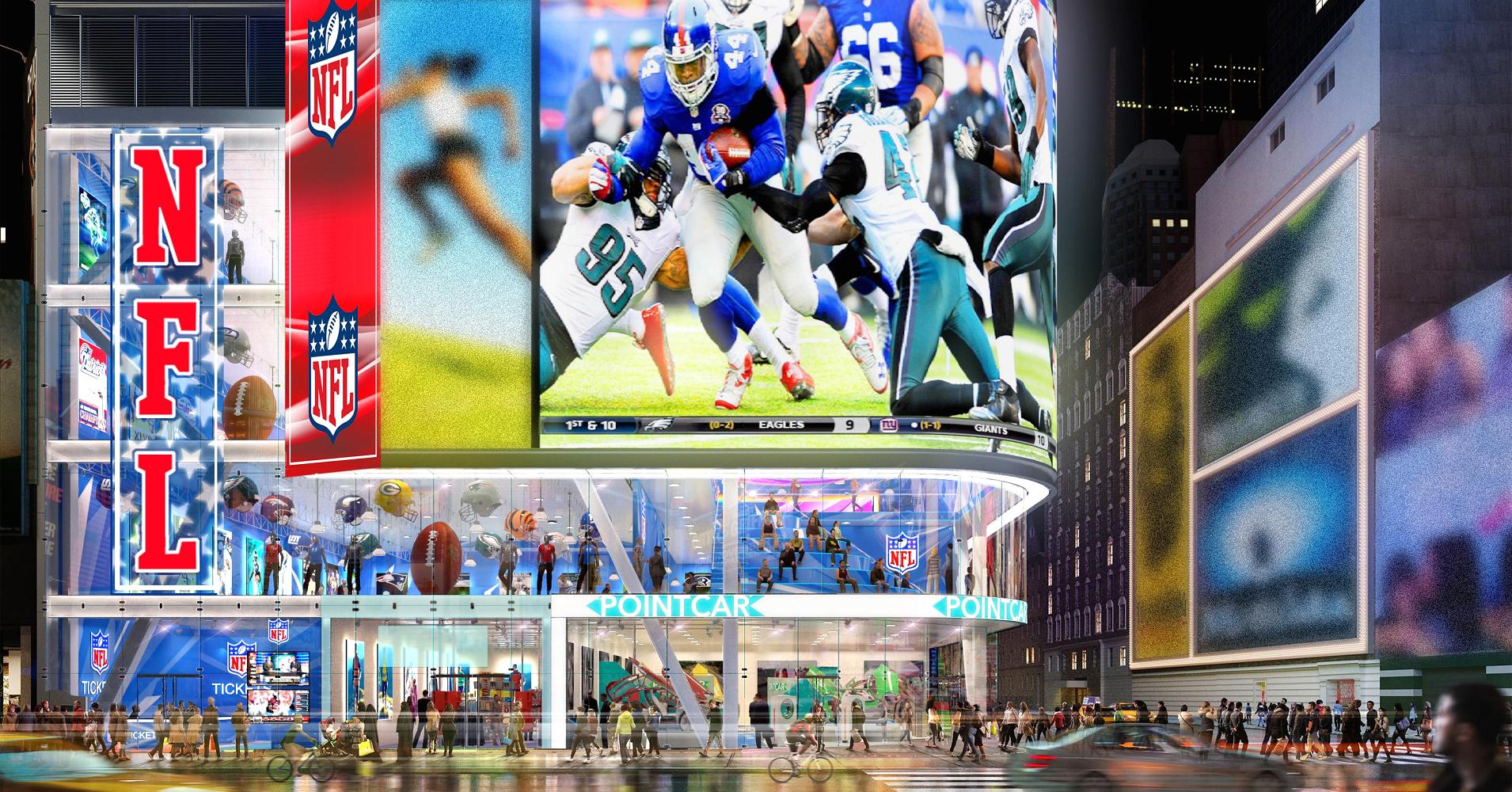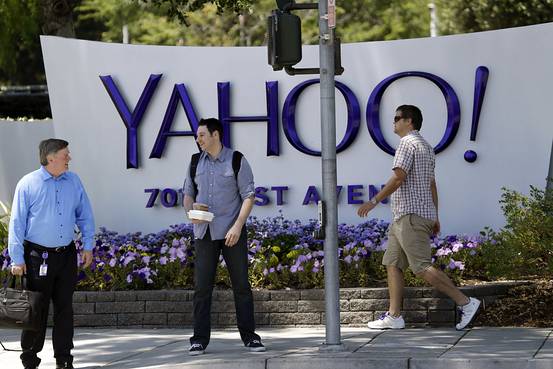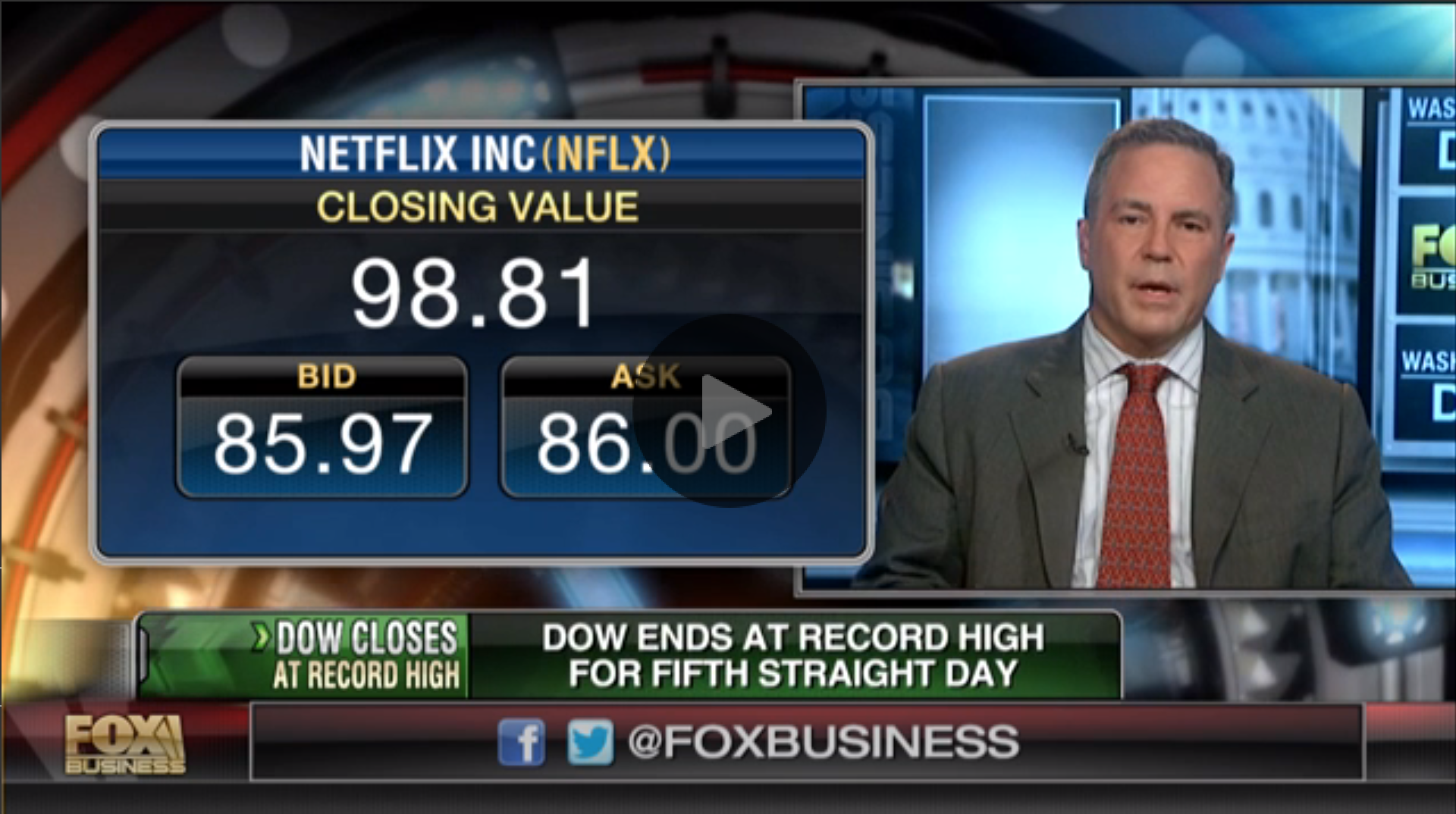Adding a splash of color to Rise & Fall of Middle Class
Welcome to another weekly issue of the Weekly Tematica Investing. It’s been a wild week of market moves, earnings reports and economic data all at once.
In addition to my regular visits with the Charles Payne on his Making Money with Charles Payne show on Fox Business, I had an opportunity to sit down with the folks at Boom-Bust on RT (the new home of The Larry King Show) to dig deep into our thematic-driven approach and discuss why most investors are investing wrong. That of course is NOT the case with us!
You can click on the image below to watch the whole interview.

In this week’s Tematica Investing:
- Closing the books on July, the Tematica Select List had a number of positions that handily outperformed the S&P 500, which rose 3.6% for the month. Read More >>
- We are issuing a Buy rating paint and coatings company Sherwin Williams (SHW) with a $350 price target as we add a splash of color to our Rise & Fall of the Middle Class investing theme. This is a new position and we are holding off with a protective stop loss for now. Read More >>
- Updates, Updates, Updates – Recapping earnings from Alphabet (GOOGL), Amazon (AMZN), PetMeds Express (PETS) and Under Armour (UA). Read More >>
- Housekeeping! – Here’s what we’re watching when Physicians Realty Trust (DOC) and Walt Disney (DIS) report quarterly earnings. Read More >>
You can click below to download the full report.











